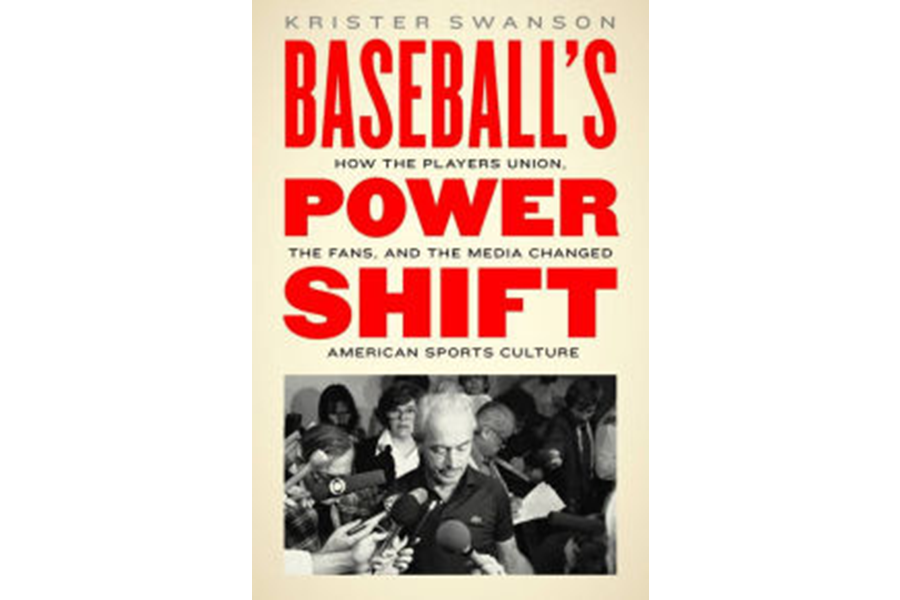American sports fans have long been accustomed to viewing pro athletes as not just players, but as workers with collective bargaining rights. This evolution, however, did not happen overnight. In baseball it was really concentrated in what author Krister Swanson identifies as the turbulent years between 1966 and 1981. Helping to start the ball rolling was a decision by Dodger pitching greats Sandy Koufax and Don Drysdale to jointly hold out for multiyear contracts with hefty raises. Other developments during this period were three labor strikes, two lockouts, Curt Flood’s court challenge of the reserve clause, and ultimately the introduction of free agency and the itinerancy of many of the biggest names in the game.
Here’s an excerpt from Baseball’s Power Shift:
“The Players Association did not have to wait long to find the perfect test case for a legal challenge to the reserve clause. The St. Louis Cardinals, disappointed at the outcome of the 1969 season, traded star outfielder Curt Flood to the Philadelphia Phillies in exchange for Richie Allen, a power-hitting first baseman. Flood was a bright, respected, thirteen-year veteran, a man many believed to be one of the premier outfielders of the era. It was also not insignificant, in this time of national upheaval over racial equality, that Flood was black, born in Houston, Texas, and raised in Oakland, California. While he was not a militant activist in sympathy with the Black Panthers, Flood was certainly well aware of the gains and frustrations of the civil rights movement. Flood’s was a life shaped by the hands of bigotry and segregation. He played two years in the Minor Leagues in the Deep South, where the only available housing was a college dormitory restricted to African Americans.”







